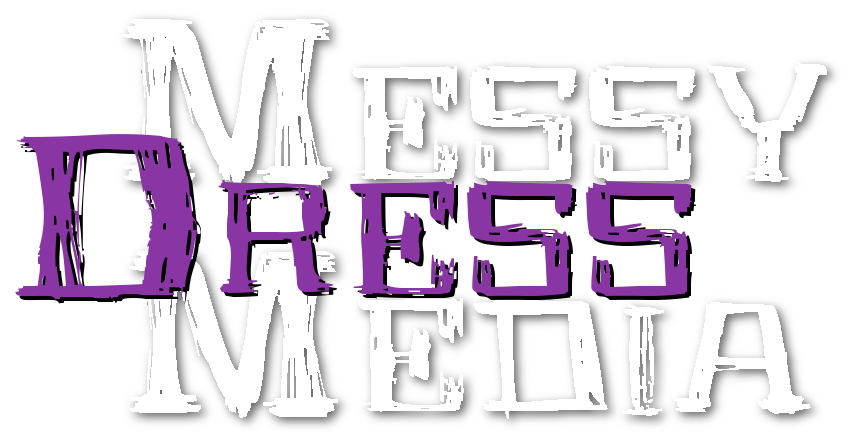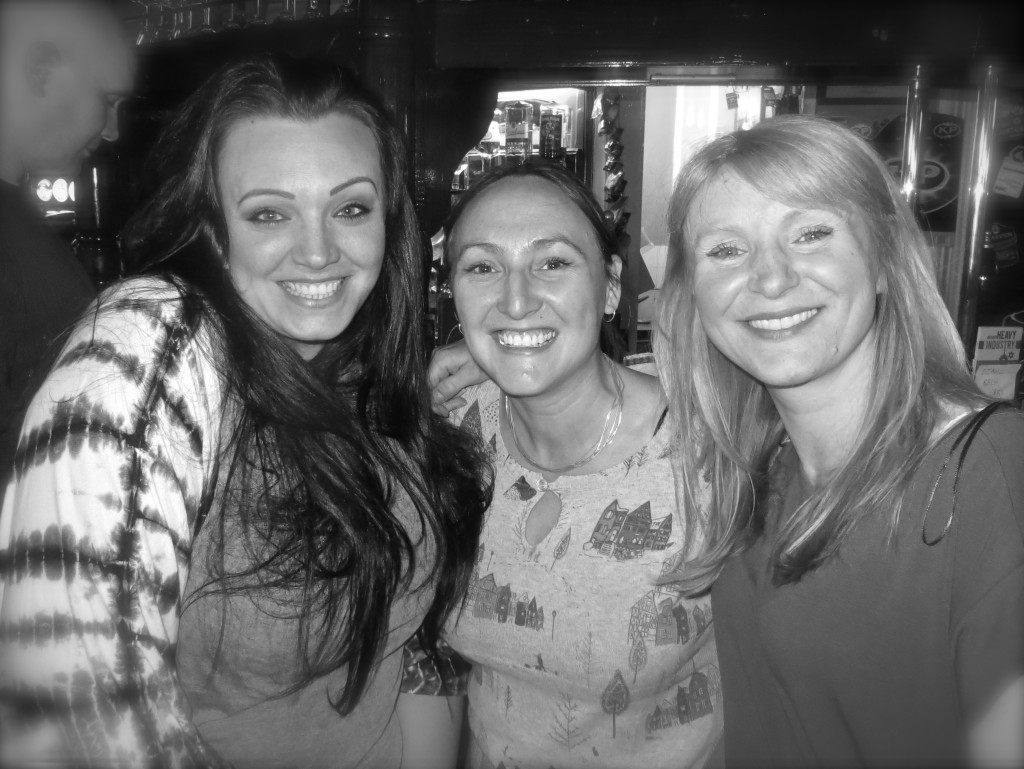Why are there not more women on the stage?
It’s international women’s day and a day to celebrate women who are amazing! Since I started performing at the age of six, I have been surrounded by women. My ballet class was all female, our GCSE drama group had more girls than boys, when I started after school classes our workshops and performances were full of girls playing male parts because there were just so few of them. In my year at drama school we began with 22 women and 11 men. By the time we left, the balance had shifted radically to 12 women and 10 men.
I remember at the time being glad that we had lost so many women. Hooray! More parts for me. We were all sick of having to double up and share the female roles with each other while the men got to rehearse the whole play. I don’t blame the tutors for this. They did their best with what they had and tried to make it even, but I do feel that the men got better training as a result. I’m not saying that the women who left the course did it solely for this reason, but I can’t help feeling that it might have been a factor in the decision making process.
Upon leaving drama school I noticed the difference straight away. Most of the jobs I got were working with either an even gender balance or I was outnumbered (that’s before we even start talking about the crew). In 2012 The Guardian did a report showing that women are underrepresented across the board in theatre by a ratio of 2:1
‘Male actors in theatre still outweigh the number of women. 38% of actors employed during 2011-12 were female with the Royal Court and Northern Stage performing the best with 48% each. The National Theatre had the lowest representation of female actors at 34% followed by Liverpool Everyman at 36%.’
Not great figures from some, but the Royal Court and Northern Stage had almost an even gender balance. Great. But when you bear in mind that there were so many more women than men competing for those roles, it doesn’t feel so even. A director I have worked for has recently been casting for a Shakespeare tour. She had over 200 women apply. Can you guess how many men? Just 15.
Elizabeth Freestone who conducted this study, believes that the amount of Shakespeare we revive is the root of the problem, but people are starting to be more imaginative in their casting. The Reversed Shakespeare Company will debut with a production of ‘A Midsummer Night’s Dream’ at The Pleasance Theatre in London from the 16th – 27th March, 2016. All of the male parts will be played by women and vice versa. There has also been an all female production of Julius Caeser at the Donmar Warehouse.
Writers are also trying to redress the balance, but it is a slow process. Last year I was in a play where I was back around women again – It’s Still Life by Sean Mason. It was set in a life drawing class led by heavily pregnant Claire who seemed to have it all, a perfect boyfriend, a good teaching job and a baby on the way. We saw her class of four very different women developing their skills – along with themselves over the course of six weekly sessions. Their model, Rob, just happens to be Claire’s boyfriend.
It was unusual to be in a play with so many women. Even more unusual that the only man in the cast spent most of his time being naked and silent. And perhaps the most unusual was that this play was written by a man. Sean said that he wanted to see if he could write for women.
To me, this seems absurd. They were well rounded characters with fantastically funny dialogue. I don’t blame Sean for being worried about it, I think like a lot of male writers, he worried that the characters might not be realistic because he’s not writing from his own experience. But as I female writer, I don’t worry about not being able to write men. I worry about not being able to write!
So I’d like to celebrate these three wonderful women here, who will be bringing to life Sinead, Bev and Carol in my play The Stars are Made of Concrete this May. I just hope I have written dialogue that is worthy of their talents.
Jennifer Jordan-O’Neill, Zoe Matthews and Joanne Dakin.
You can help us make this show a reality by donating to our Crowdfunder campaign below


